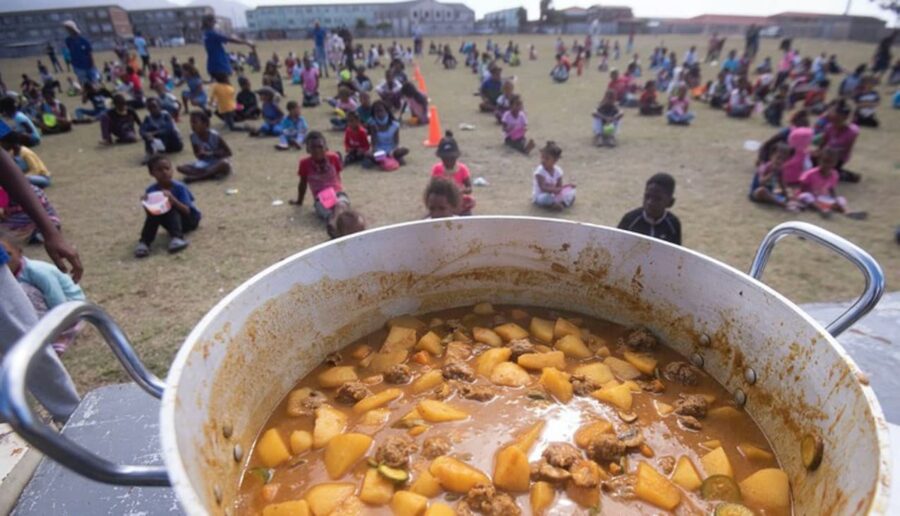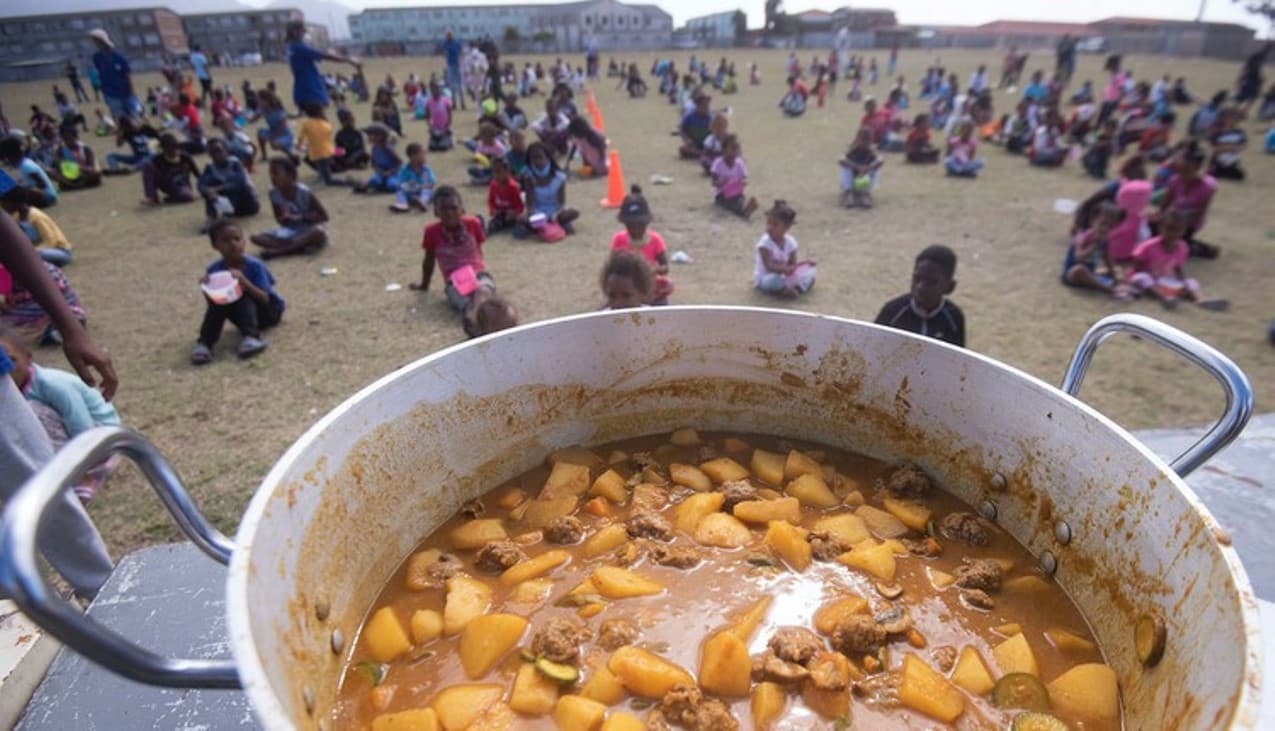
Call for a national early childhood feeding scheme
There is no government nutrition programme for children before they enter formal schooling

Despite the National School Nutrition Programme, the government is failing to address malnutrition in children. More than one in four (27%) South African children under the age of five are stunted (short for their age). A recent South African Human Rights Commission report found that 116 children in the Eastern Cape had died of severe malnutrition in the course of a year.
- The Real Reform for Early Childhood Development campaign is calling for a national feeding scheme for children before they start formal schooling.
- Nearly one in four South African children under the age of five are stunted due to malnutrition.
- And yet there is no government feeding scheme for children before they enter formal schooling.
The problem is that there is no national feeding scheme for children before they enter formal schooling, says the Real Reform for Early Childhood Development campaign, which released a series of reports this month seeking to address the issue.
The current National School Nutrition Programme run by the Department of Basic Education (DBE) is only for learners in primary and secondary school.
The department does have an Early Childhood Development subsidy. It is R17 per child per day, but only R6.80 of this is intended for nutrition.
The Real Reform report says this is not enough and points to the World Bank which suggested increasing the total subsidy per child per day to R31. This “would translate to an increase from R6.80 to R12.40 per child per day for nutrition”, according to Real Reform.
Furthermore, only registered Early Learning Programmes (ELPs) are eligible for the subsidy, yet 41% of ELPs are not registered. This may well mean that ELPs serving children who need the subsidy the most are not receiving it.
Tatiana Kazim, researcher for the Equal Education Law Centre who co-authored one of the reports, says the measures government has taken to address malnutrition in the country’s children are inadequate.
The Real Reform campaign argues for the creation of a new, separate nutrition programme solely for children in Early Childhood Development programmes.
The National Treasury has allocated funding for a pilot programme. Tshepo Mantjé, a coordinator for Real Reform, says they hope their research will be considered in its implementation.
The DBE attended the campaign’s report launch in Johannesburg on 3 November.
“We are urging the Department of Basic Education to provide nutrition support to all eligible children attending early learning programmes, regardless of their registration status,” said Mantjé.
ALSO READ: ‘So proud’: Rachel Kolisi celebrates helping women and children
Kazim says the programme needs to be “rolled out nationally as soon as possible”.
The campaign recommends the DBE also conduct training on its health nutrition guidelines, oversee and coordinate the plan at the national, provincial and municipal levels, and make nutrition support a legal requirement.
The three reports were written by representatives from the South African Medical Research Council, Ilifa Labantwana, DG Murray Trust, UCT’s Centre for Law and Society, Do More Foundation and Equal Education Law Centre.
Elijah Mhlanga, a media spokesperson for the DBE, did not respond to GroundUp’s requests for comment.
